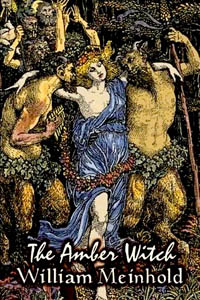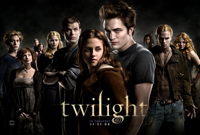Here’s the thirty eighth installment of LiteratEye, a series found only on The Art of the Prank Blog, by W.J. Elvin III, editor and publisher of FIONA: Mysteries & Curiosities of Literary Fraud & Folly and the LitFraud blog.
LiteratEye #38: New ‘Literary Hoaxes’ Book Leaves the Curious Reader in the Dark
By W.J. Elvin III
November 6, 2009
There are a great many mysteries in the field of literary deception.
 So it is always a pleasure to learn of a new book that may shed light.
So it is always a pleasure to learn of a new book that may shed light.
Having seen advance reviews some time ago in the British Press, I eagerly awaited the arrival of Melissa Katsoulis’ Literary Hoaxes.
Well, it’s a grand overview, a nice line-up of the usual suspects, but I’m less than delighted. Hoaxes raises many more questions than it answers, most of the questions resulting from a failure to source the tales therein.
How is it Katsoulis knows so much about William Henry Ireland, the young Shakespeare forger of the late 1700s?
Who told Katsoulis that the American Indian imposter Grey Owl was once recognized through his feathers by his very British aunts, who decided to keep their observation a secret?
And what assurance do we have that the author has her facts straight regarding Pierre Plantard’s part in creating the hoax behind Dan Brown’s Da Vinci Code?
And so on, and on.
The book has no citations, no bibliography. No index, though the table of contents serves the purpose in a basic way. There just aren’t many signposts to guide those who might want to know more about any given topic. Continue reading “LiteratEye #38: New ‘Literary Hoaxes’ Book Leaves the Curious Reader in the Dark”

 Jordan Scott claims mega-best-selling author Stephenie Meyer stole some plot ideas for her teenage vampire romance series.
Jordan Scott claims mega-best-selling author Stephenie Meyer stole some plot ideas for her teenage vampire romance series. Who owns knowledge? One way to get a clue is to try to access research papers published in expensive, exclusive scientific and scholarly journals. Can’t do it with a simple Google search. To pick that lock, you’ll need a credit card.
Who owns knowledge? One way to get a clue is to try to access research papers published in expensive, exclusive scientific and scholarly journals. Can’t do it with a simple Google search. To pick that lock, you’ll need a credit card. Few believe, surely, that George Washington never told a lie, or even that he confessed to chopping down one of his father’s cherry trees, as his early biographer Parson Mason Locke Weems suggested. Weems saw nothing wrong with a bit of fabrication when it served his purposes. Neither, for that matter, did Washington.
Few believe, surely, that George Washington never told a lie, or even that he confessed to chopping down one of his father’s cherry trees, as his early biographer Parson Mason Locke Weems suggested. Weems saw nothing wrong with a bit of fabrication when it served his purposes. Neither, for that matter, did Washington.